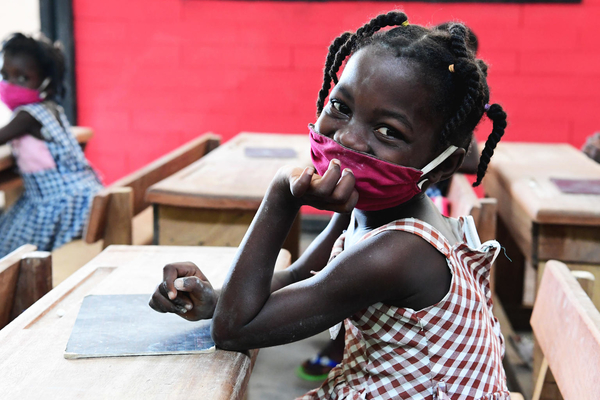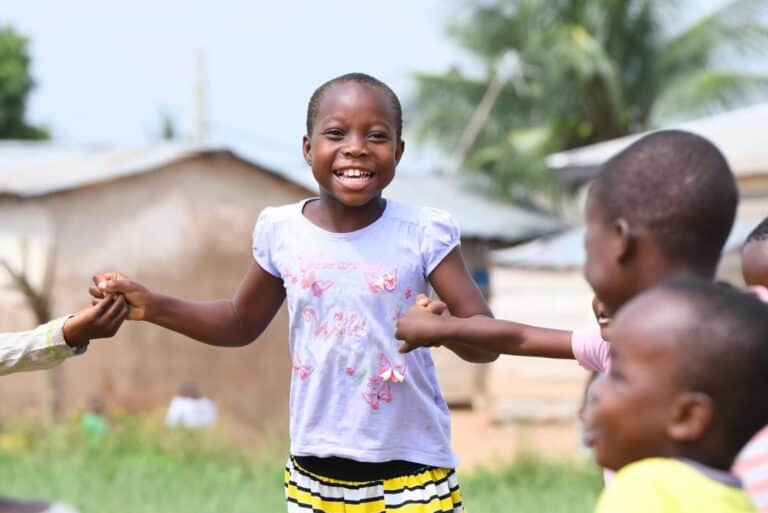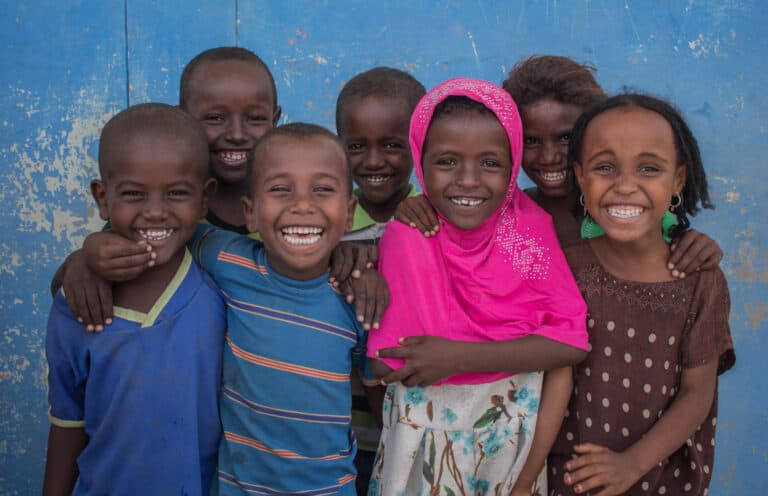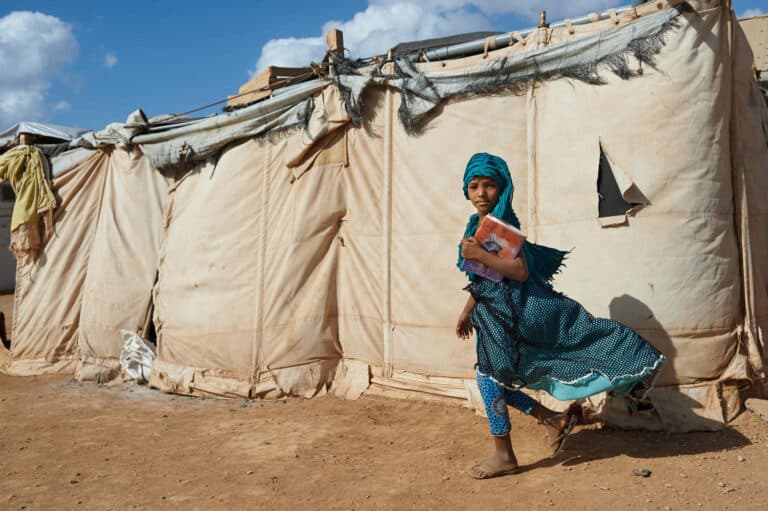The global coronavirus pandemic looms large in our minds, altering all aspects of daily life, from how we interact with each other to how we work and what we work on. In this new masked reality, unlike any other, the language of data has become universal. A heightened awareness that our lived, shared experiences can impact the trajectory of the future, and a faith in the facts to provide clarity in a time of uncertainty, has inspired people to look to data when trying to make sense of the situation. Now, more than ever, building and sustaining trust in statistics and science is essential.
Tapping into our trove of data to respond to the crisis
The reflex is one we know well at UNICEF – collecting, compiling and analysing data on children around the world to steer and influence policy decisions that improve children’s lives.
When the crisis hit, we got to work. We drew upon our existing trove of data capital to understand the face of the pandemic for children. As countries galvanised to meet the challenge of implementing large-scale remote learning for the first time, our data told us whether children had the technology to continue to learn at home. As the virus continued to surge and lockdown measures were instated, we identified where children didn’t have soap and running water at home to prevent infection. And as health systems weakened, we gleaned insights on the death toll that could ensue – modelling based on existing data. We drew on longstanding relationships with Governments, National Statistical Offices and development partners – our social capital – to gather information about the fast-changing impacts on the ground and to project what may lie ahead.
But all the while, the looming spectre of debt has been hanging over us. And we cannot escape the unavoidable fact that we are borrowing without replenishing our capital – the data and the relationships that have been so essential to our ability to respond.
Fieldwork comes to a halt as the world is in lockdown
Fieldwork on household survey programmes like MICS and DHS has come to a halt due to travel bans and lockdown measures. Without the internationally comparable data these surveys provide, we risk failing to see a picture of how children are faring right now, in the midst of this pandemic. Tools like MICS Plus which allow us to collect data via mobile phone are invaluable in enabling us to rapidly assess and further strengthen our understanding of the situation. But they can’t replace traditional data collection in scope and breadth and aren’t a substitute for face-to-face interactions. As change is accelerated, we have to develop questionnaires double-quick: building on our capital of previous questions and expertise in developing them – without the luxury of being able to test them before we use them.
We are living off the capital of existing data and we need new information to further our understanding of children’s situations so that decades of progress is not undone. We must also strengthen the social capital that has sustained us during this time – the communities of analysts, researchers and partners, that we have worked with to produce and share statistical analyses. Our ability to stay connected remotely is built on the sense of collective we formed when we were together. These connections erode over time they must be fortified if they are to withstand new challenges.
Building resilience and delivering on our commitments
At UNICEF our commitment to data is a commitment to the most disadvantaged children. Because behind each number is the story of a child. Funding from donors has enabled us to continue to deliver on this promise during the pandemic to provide the most statistically sound, internationally comparable data on the situation of children and women around the world and make them publicly accessible.
In the wake of COVID-19, business as usual is not business-as-before. Moving forward, we have to build back lost capital and strengthen the resilience of our systems to support countries during and after the crisis, and so that we are well equipped when the next crisis hits. We must work swiftly and intensify our efforts to fill data gaps so that we can continue to produce the critical insights and knowledge necessary for decision making. Because our investment in data is an investment in children for the realization of their full potential. The work we do now will impact children for generations to come.



